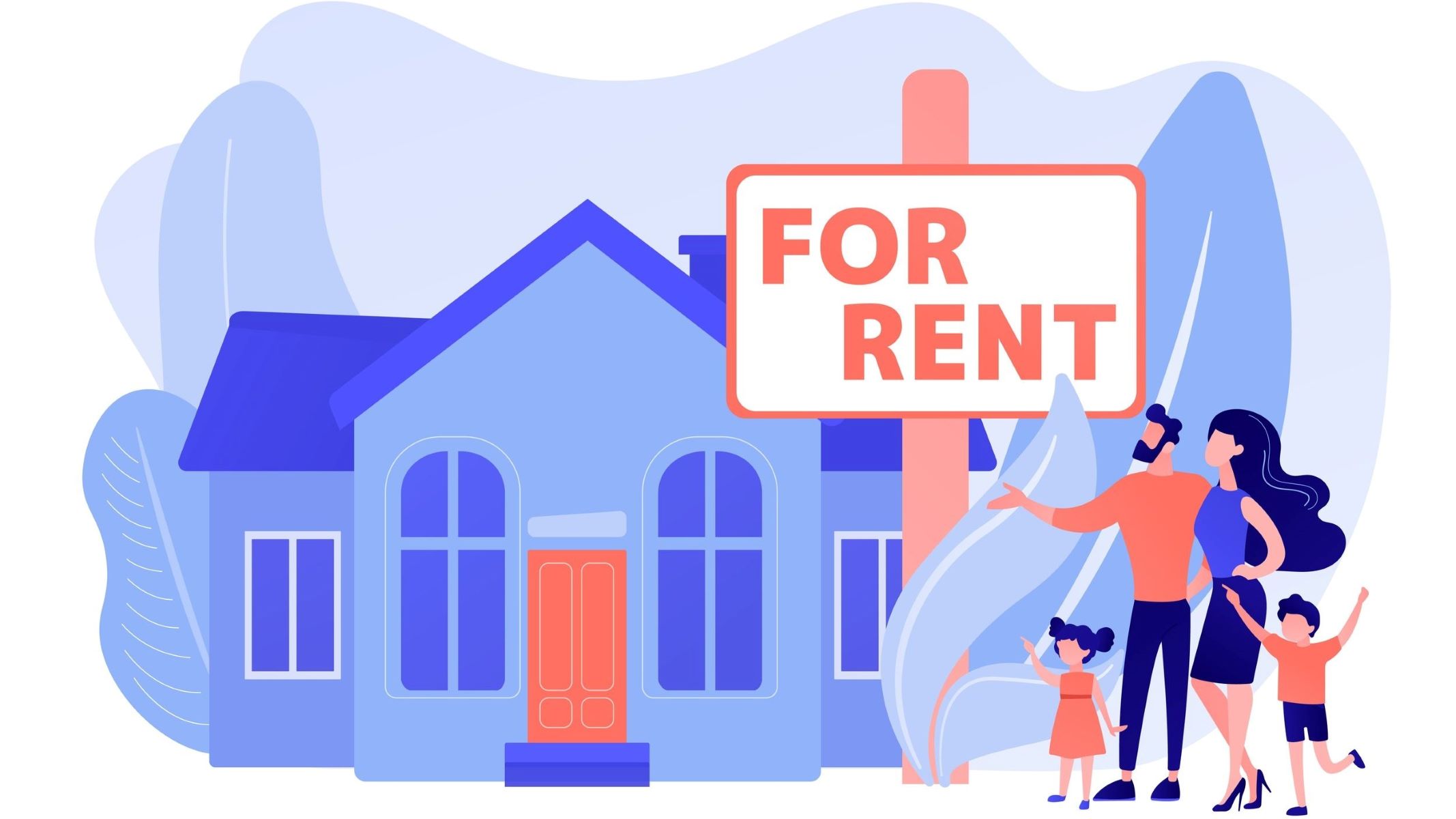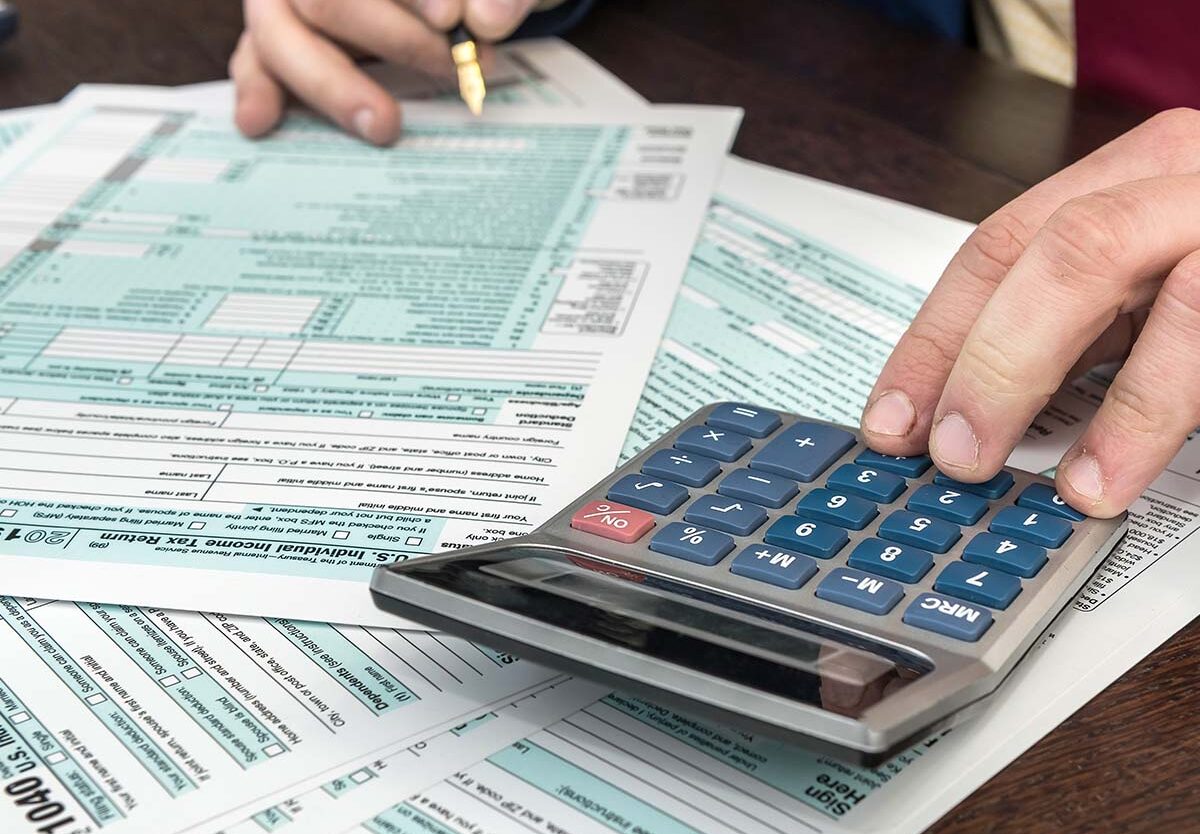Home>Finance>Lease vs Rent: 10 Key Differences & Similarities You Must Know


Finance
Lease vs Rent: 10 Key Differences & Similarities You Must Know
Modified: September 6, 2023
Understand the often confusing differences between lease vs rent when it comes to property. Learn how to rent or lease like a pro with our simple guide.
(Many of the links in this article redirect to a specific reviewed product. Your purchase of these products through affiliate links helps to generate commission for LiveWell, at no extra cost. Learn more)
People often use the terms lease and rent interchangeably thinking that they are synonymous. By concept, they may mean almost the same thing but in the world of real estate, they do not. Let us take a closer look at the implications of lease vs rent.
While both refer to getting access to an asset for a limited period, leasing and renting are different processes. There is a thin line that sets apart these two concepts from each other. And for those who are planning on hiring a property, understanding the context of lease vs rent is one basic rule before signing a contract.
In this article, we dig deeper into the concept of leasing and renting and provide their key differences and similarities.
Lease and Rent Key Differences & Similarities
1. Definition
The definition of lease and rent relays almost the same message on the peripheral, but reading between the lines would make it easier to spot their differences.
Lease. a contract by which one party conveys real estate, equipment, or facilities from another for a specified term and a specified rent. (Merriam-Webster)
Rent. a usually fixed periodical return made by a tenant or occupant of property to the owner for the possession and use thereof. (Merriam-Webster)
From the given definitions, “Lease” can be understood as an agreement between two parties, allowing one to utilize a property owned by the other in a particular period and payment. Whereas, “Rent” is a payment made by a person in intervals (monthly/quarterly) for using an asset or property owned by another person in a short but recurring period.
2. Parties Involved
The way we refer to the parties involved in a lease contract and rent only differ in terminologies, but have the same context.
Lease. Lessor and Lessee
Rent. Landlord and Tenant
In a Lease agreement, the Lessor is the owner of the property who lets his assets to another while the Lessee is the person who holds the lease of a property.
The relationship between Landlord and Tenant works in the same way – the landlord is the property owner while the tenant is the one who uses and pays for a property.
3. Time-Frame Agreement
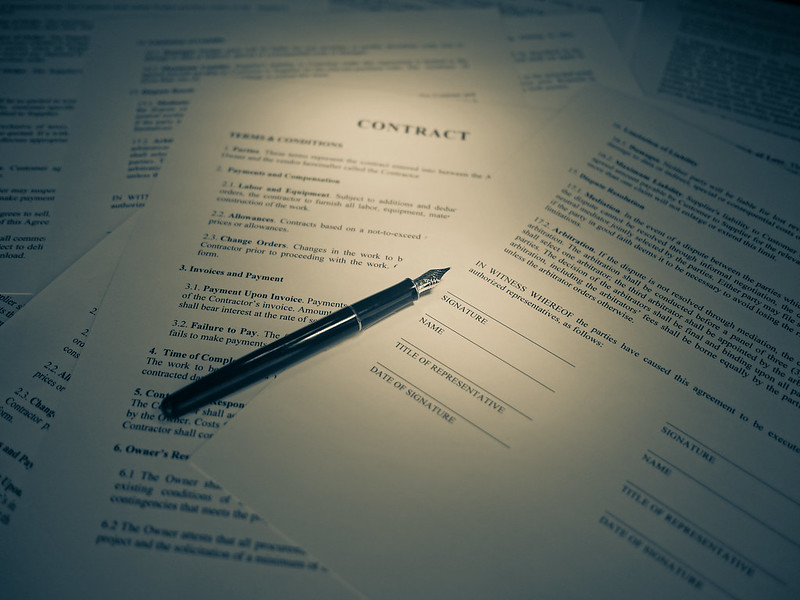
Photo by Blogtrepreneur on Flickr
Lease. Long Term
Rent. Short Term
There is a big difference in the time frame of lease and rent that sets the two apart.
A lease contract includes the specific time frame on how long would a lessee use or utilize a certain asset. It usually starts from 1 year but can vary depending on the agreement between the parties involved. Upon reaching the expiry of the contract, the lessee will be automatically shifted into a month-to-month rental agreement unless both parties decide to enter into a new lease agreement.
On the other hand, rent is a short term agreement. Often, the contract only lasts a month but renews automatically after every payment period.
4. Contract Alteration
Lease. Not allowed
Rent. Allowed
Since the Lease terms are fixed, implementing amendments in the agreement won’t be possible until the end of the contract. Within the period of the lease, both parties should not implement new guidelines that are not present in the original agreement. In any event that either party violates the lease contract, penalties can be incurred by both lessor and lessee.
Compared to Lease, Rent has a more flexible rental agreement. Since the contract renews almost every month, it is much easier for landlords to set new arrangements, like a higher rental fee, with prior notice to the tenants. If the tenants do not agree with the modification, they can drop the contract after their last payment.
5. Payment Agreement
The payment agreement of lease vs rent is a major identifier for the two transactions. The lease has more defined and solid terms of payment as compared to rent which could change any time.
Lease. Fixed payment
Rent. Periodic and can be modified
The terms and conditions of Lease are defined from the start of the lease contract and are binding until its expiry. Hence, no alterations in the payment agreement can be made either by the lessor and lessee within the time frame of the contract.
If, for instance, both parties have agreed to lease a commercial building for an “X” amount within one year, the fee should remain “X” until one year. The payment can either be by instalments or in full amount.
In a rental agreement, payment is a bit dynamic. Since the contract is short term, payment is made periodically mostly every month. The landlord has the right to raise the rental fee and modify the agreement with prior notice to the tenant.
6. Security Deposit
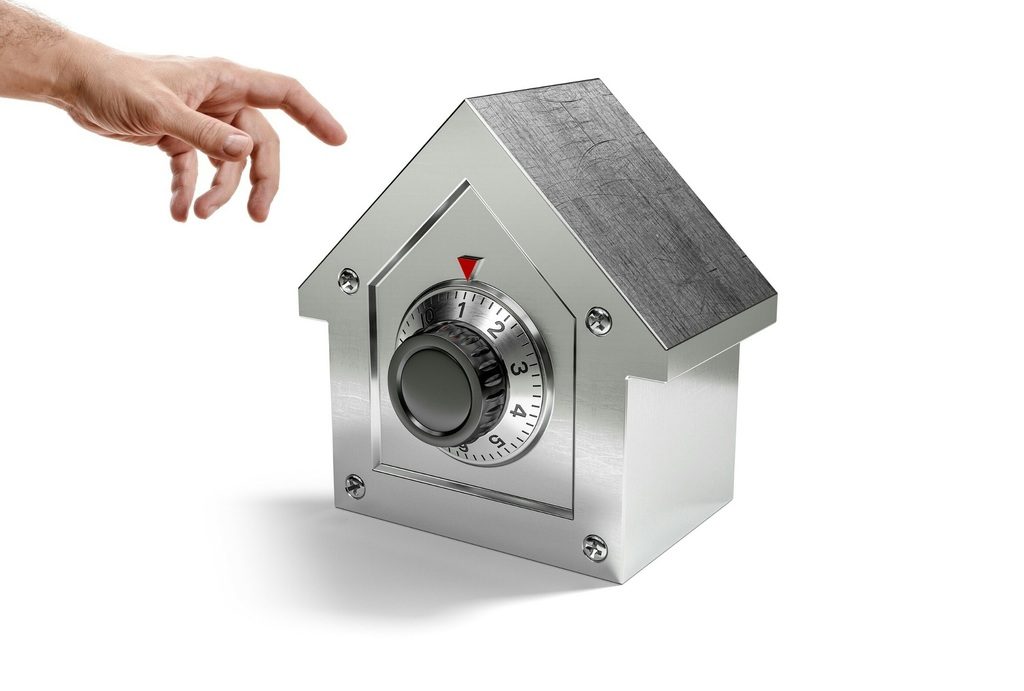
Photo from Pixabay
Lease. Requires security deposits
Rent. Requires security deposits
A security deposit is a common thing for leasing and renting. It is a sum of money held in trust to ensure that rent will be paid and other responsibilities of the lease performed.
Both Lease and Rent requires security deposits from the lessee and the tenant. This serves as an escrow deposit that helps protect lessors/landlords financially if a lessee/tenant causes damage to their property. The fund will eventually be returned to the lessee/tenant after the contract. That is only when the properties are surrendered in good condition.
For rent, security deposits are equal to at least one month’s rent which landlords collect from a tenant in addition to their first month’s payment. It must be returned to the tenant 15-30 days after the contract ceased.
On the other hand, the process of collecting security deposits for lease is a bit complicated. Lessors usually use the financial stability of lessee as the basis of determining the security deposits they will ask. If the lessor perceives a certain financial weakness in the lessee, some tend to ask for additional security for the lease.
7. Maintenance
Lease. Lessee
Rent. Tenant
Maintenance is a common factor of lease and rent. While a property is under lease or rent, the responsibility of preserving the asset, like maintaining a space tidy, lies in both the lessee and the tenant. But, damages in the asset are still the owner’s (lessor/landlord) sole liability.
8. Accounting Treatment
Lease. AS 19
Rent. No specific accounting treatment
The accounting standard of lease vs rent is a factor that draws a line between the two.
AS 19 is the standard applied in accounting for all leases except lease agreements to explore for or use natural resources; licensing agreements, and lease agreements for use land. The standard includes the calculation of contingent rent made by the lessee over the lease term that can be paid by and reimbursed to the lessor.
There’s no specific accounting standard being followed in rent. In general, rental costs are always recorded as an expense on the income statement of the Lessee.
9. Contract Renewal
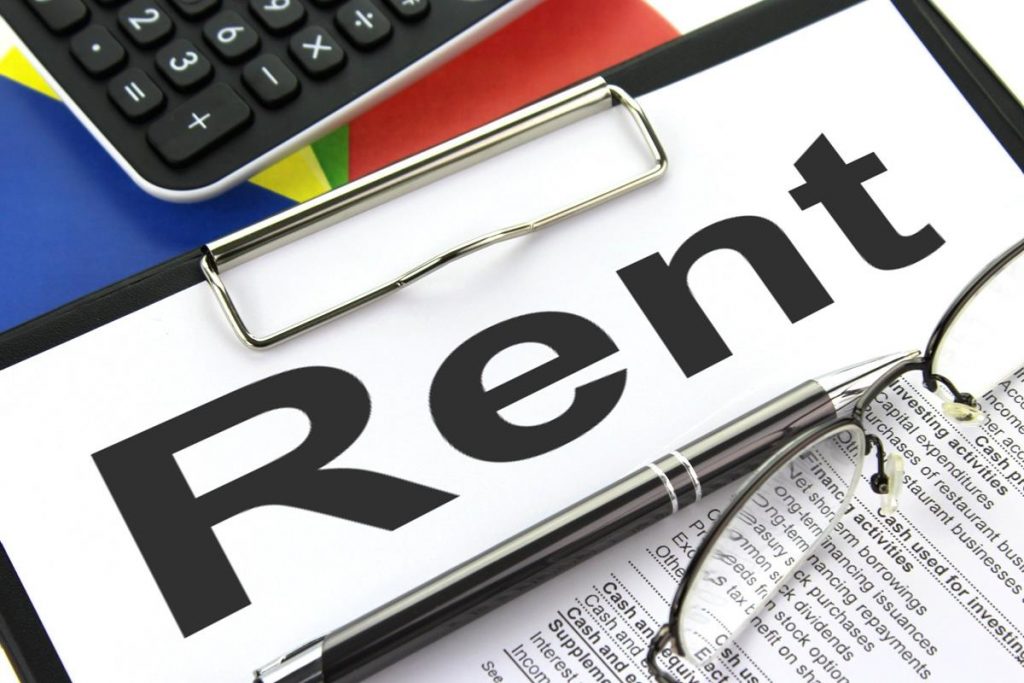
Photo from Pixabay
Lease. Needs new contract
Rent. Automatically renews
Once a Lease expires, a new lease contract must be set should both parties wish to extend the terms for another period. In real estate, this is usually done about 60 to 90 days before the lease period ends. This gives the lessee ample time to notify the lessor whether they are pursuing a new agreement or not.
For rent, the contract automatically renews. The agreement goes on extending from month-to-month until both the landowner and tenant decide to end the contract. Similar to lease, at least 30-day notice should be provided once a party decides to drop the agreement.
10. Purchase Option
Lease. With purchase option
Rent. No purchase option
Upon the expiry of the lease contract, the lessee has the option to either renew the contract or purchase it for its salvage value. This means that the asset can be bought for significantly less than it is worth.
There no such offer for Rent. Once the rent contract ceased, the only option of the tenant has is to either renew the contract or drop the deal and return the asset to its owner.
Lease vs Rent: Pros and Cons for Lessee and Tenant
The debate on whether it is better to lease or rent is never-ending. The truth is both of them have advantages and disadvantages. In this section, we will weigh the pros and cons of lease vs rent.
Rent: Pros & Cons
Renting gives more freedom to tenants. Since the rent period only lasts for a month, tenants can jump to another rent agreement with other landlords. Since there’s no assurance for the length of the rent period, some landlords tend to ask for a higher rental fee to offset the cost of an anticipated vacancy.
Most rent agreements are made orally which is not legally binding. Hence, there’s no penalty for ending the lease without notice. Landlords can evict tenants in a short notice without penalty. This can be stressful as the tenant would have to quickly find a new property to rent.
Tenants can end their rent at a point that is beneficial to them. Students renting an apartment, for instance, can end their contract during summer vacation.
Landlords can change the terms in rent agreement by signing a new contact.
Renting has a low maintenance cost. If anything breaks in the property, it is the landlord’s responsibility to fix them has restrictions in renovations and major decorative changes.
Tenants don’t have to pay taxes directly. Landlords pay them and roll them into the rental fee, saving tenants from the trouble of signing lots of papers.
Renting does not provide financial incentives. Once the contract ends, tenants have to leave without an offer to buy unlike in a lease agreement.
Lease: Pros & Cons
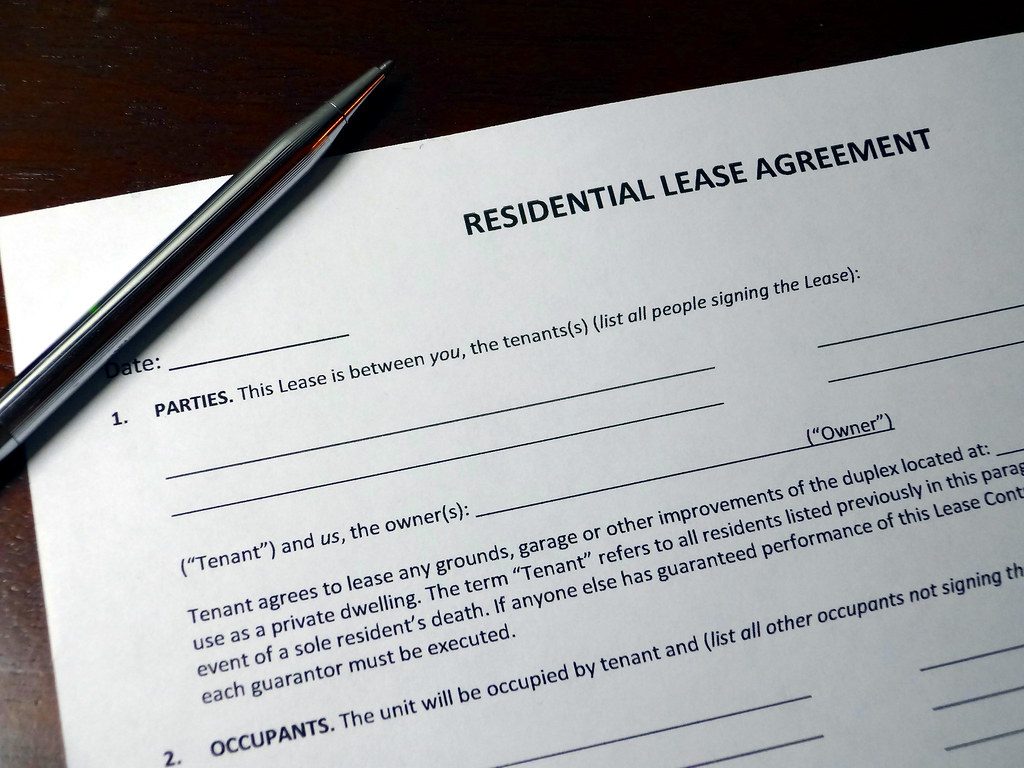
Photo from Unsplash
The lease is anchored at stability. Lessees won’t be surprised by sudden amendments in the agreement. Everything in the contact remains fixed until the lease period.
It does not provide the freedom to quickly jump to another lease contract. Lessees can be locked into long-term agreements.
No sudden eviction. Lease offers more security to lessees and penalizes lessors for violating terms in the agreement. Lessees still have to pay for the whole lease fee when they drop the contract in the mid of the lease period.
No sudden lease fee hike. It is agreed on the contract and remains fixed until the lease period.
Lessees can incur serious penalties for violating terms in the lease agreement.
Leasing has a low maintenance cost. The ownership of the assets still lies on the lessor. Hence, repairs on the property are still their responsibility.
The lessee cannot make alterations or improvements in the asset without the prior approval of the lessor.
Has an offer to buy. After the lease period, the lessor can buy the property at a lower price.
Leasing can be costly. Least payments are usually far more than what an asset is worth.
Lease vs Rent: Which Is Better?
Photo from Pixabay
There are many factors one needs to consider when getting ready to decide whether to lease or rent a property. Choosing between lease vs rent highly depends on your demand for the asset. If you need a property for a long period, leasing will be the best option for you.
Through leasing, you are secured that you have what you need all the time. But if you won’t need a property for more than a year, renting is a great option. Though it could cost more, it is still better than wasting money for keeping and paying for an asset that you don’t use.
Leasing is applicable for large enterprises that demand stability and who can secure a lease payment that covers for an entire year or more. This arrangement can work in properties that don’t tear rapidly such as an office building or space, a car, a house, etc..
On the other hand, renting is applicable to industries that are rapidly evolving. If you need a computer set without planning of owning one, for instance, renting is better compared to leasing. Every day of the week, there are new models of computer set, with better technology, going out in the market. You wouldn’t want to hold on within 1 or 2 years to something obsolete.
